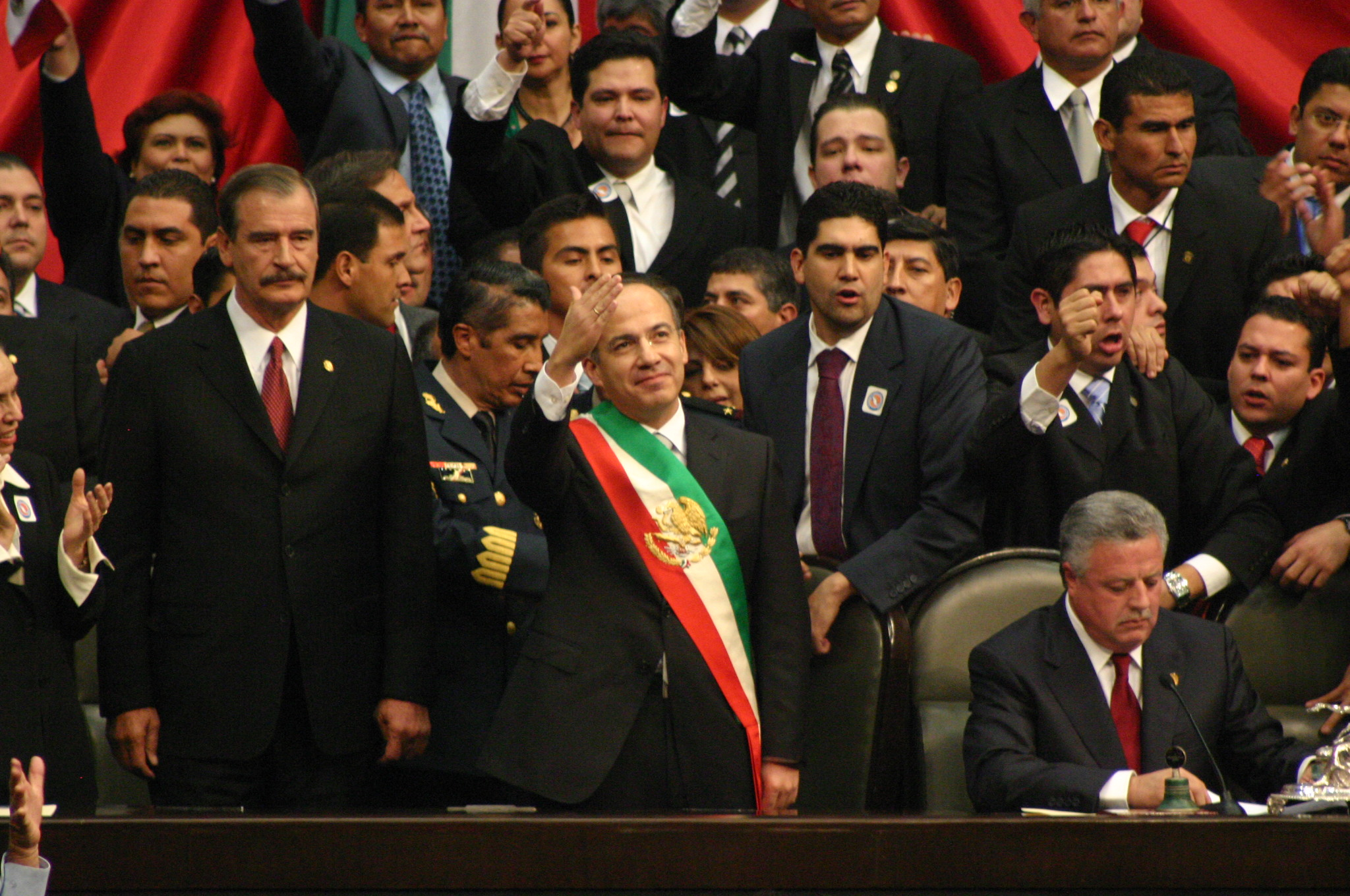
NASHVILLE, Tenn. (BP)–After decades of polarization between Marxist guerrillas and military dictators, Latin America’s democracies may at last be finding their way to moderation and stability, according to observers of the region’s recent presidential elections.
In 12 presidential elections over the past 13 months, nearly 500 million citizens of Latin America have been able to express their political preferences — and with few exceptions chose candidates who represented moderation and reform, rather than the heated rhetoric of revolution.
The most notable exceptions were Venezuela, where Castro protégé Hugo Chavez retained power, and Bolivia, where self-proclaimed socialist Evo Morales was swept into office. But in most other countries of Latin America, voters seemed to be looking for a middle path that avoided the extremes of right and left.
In Mexico, a narrow victory for Felipe Calderon — and his successful swearing-in despite agitation from the opposition party — gave continuity to the political and economic reforms of Calderon’s predecessor, Vincente Fox, said Thomas Black, a Bloomberg News correspondent in Mexico. Perhaps more importantly, a successful transition would demonstrate Mexico’s ability to conduct democratic elections in spite of radical threats to paralyze the country with demonstrations and strikes.
Chile’s new president also came from the same party as his predecessor, and although Nicaragua and Ecuador both elected leftist leaders, those new presidents both moderated their rhetoric after election.
“If Latin American politics are moving in any direction, it is toward moderation and democracy,” wrote Nobel Peace laureate Oscar Arias after winning his second term as president of Costa Rica in February 2006. “The age of ideological dictatorships in the region is, with very few unfortunate exceptions, over.”
Even the election of Morales in Bolivia represented a trend toward democracy because the elections were free and fair and because Morales is a member of the indigenous Aymara people group — the first indigenous president in Bolivia’s history, Arias noted.
Ecuador’s election pitted Alvaro Noboa, the country’s wealthiest man, against Rafael Correa, a university professor and former economic minister of the country. Correa, who has been described as “a devout evangelical Catholic,” delivered a populist message designed to appeal to the people who have suffered as Ecuador’s poverty rate soared over the past two decades. He defeated Noboa by 16 percentage points in a run-off election.
“During the campaign, both candidates made demagogic promises to provide housing and welfare programs for the poor,” wrote Rafael Azul, a reporter for Ocnus.net. “Correa presented himself as an anti-corruption reformer and emphasized his opposition to a proposed ‘free trade’ treaty with the United States. He accused his opponent of surrendering national sovereignty and transforming Ecuador into a banana republic.”
Ecuadorians, like many others in Latin America, voted as much against the old ways as in favor of the opposition, said an American in that country, who asked that his name not be published.
“An Ecuadorian taxi driver summed it up pretty well soon after the first round of votes which placed Noboa and Correa in the final run off,” he said. “He said the country was now being forced to vote on the two extremes, right and left. Noboa represented the far right, the rich and the old corrupt ways. The other candidate was untested, young and left of center. His rhetoric was too far to the left. Ecuadorians preferred someone in between the two but didn’t have that option.
“Many believers voted in favor of Correa. Their vote was not really for Correa but against the old way,” he added. “They are hungry for something different. Correa, with all his strong leftist rhetoric, seems to be moving somewhat to the center with his rhetoric now that he is the president-elect. It seems that he understands that he can’t do everything he says he’ll do and still have relations with the rest of the world.”
Even in Venezuela, reality has set in for the fiery president, Hugo Chavez, whose controversial style has been labeled “chavismo.” Chavez’ radical rhetoric has not been accompanied by significant changes in the living conditions of the poor, said Antonio Gonzalez Plessman of the Venezuelan human rights organization PROVEA. Not only have the middle class and business sector been alienated, but Chavez also has lost part of his base of support among the poor.
Most observers are closely watching Cuba, where Fidel Castro’s declining health is casting a long shadow over the region.
“Clearly, the transition is under way,” said Peter Hakim of Inter-American Dialogue in an interview with Voice of America. “The chances that Fidel Castro will ever occupy the presidency again look very slim right now. His death will bring about some changes.
“We just do not know what the interplay of forces are within the [Cuban] leadership group, and how that plays out.”
–30–
















